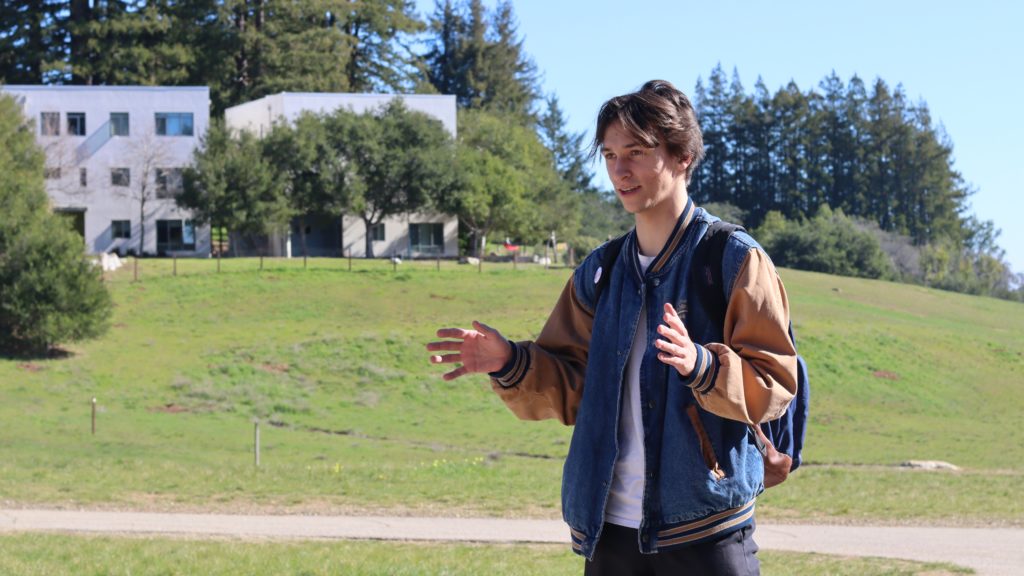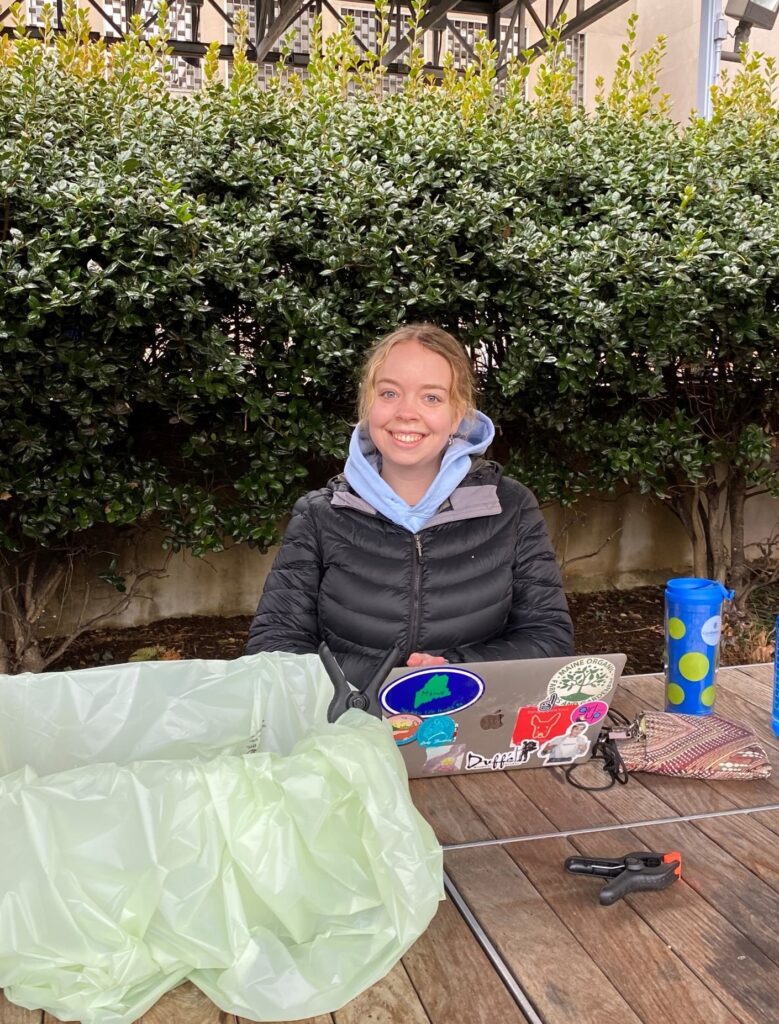Transit equity may be an issue that you have seen but never put a name to. Whether it is public transportation being isolated from rural communities or inaccessible and unsafe paths to walk or bike, transit inequity surrounds most major cities, towns and communities. National Transit Equity Day is celebrated on February 4th in honor of Rosa Parks’ birthday.
Rosa Parks fought for equitable access to public transportation and civil rights. Her legacy impacts the continuous efforts towards fair and equitable transportation. Today, student activism and organizing plays a huge role in the amplification of certain issues. Student activism often fuels the fire of progressive civil and social movements in the United States.
I was able to interview two different student organizers involved in sustainability and advocacy from two different schools on two different coasts. It is important to understand the impact that public transportation has had on this large demographic and how their mobilization has helped push this movement into the mainstream. National Transit Equity has only circulated throughout communities deeply invested in transportation, yet it has now evolved to circulate in other groups invested in equity, accessibility and sustainability. The intersectionality of all these issues must be emphasized in order to fully understand the issues at hand.
Zennon Ulyate-Crow is the current president of the Student Housing Coalition and is the youngest commissioner for the Transportation and Public Works Commission in Santa Cruz, CA. He first began his activism in 9th grade by consistently sending letters to the California Department of Transportation in regard to the dangerous conditions of his walk from school to the public library.

His passion for transit equity and public engagement continued into his now sophomore year at University of California Santa Cruz (UCSC). Zennon has been able to engage with students to continue the conversation of transit equity as well as ways in which they could participate in National Transit Equity Day. This week around the UCSC area, there are several events going on that he has promoted through the Student Housing Coalition organization and plans on attending. These events include a speaker series highlighting the head of the local metro agency, the local bus drivers’ union and county supervisors. There will be a Food and Bus Fair which encourages attendees to use bikes as their method of transportation from one event to the next.
As commissioner Ulyate-Crow has stated, “There is a lot of inequity when it comes to representation. Especially in the area I am from, there is a lack of representation of students, and they make up 55% of the ridership within the entire bus system.” It is important to combat this inequity with targeted outreach. The commissioner wants to start conversations and open accessibility to education on these issues. By being an involved public figure, he has been able to spark conversations on a very personal basis.
On the opposite coast, Kristen Caldwell works at the George Washington University (GW)’s Sustainability Office as a Compost Educator. Besides her work with the university, she has worked at the Klondike Gold Rush National Historic Park as an Education and Interpretation intern. Kristen is deeply involved in sustainability and believes that intersectionality is the core to education as it displays the nuanced effects of transit inequity and other sustainability related issues.

Being a student hyper involved in sustainability issues has shown the importance of organizing specifically on college campuses. Kristen found that organizing on college campuses provides another layer of community involvement for students to gather and expand their message quickly. Because of this, outreach and community engagement flourishes on college campuses.
As a student involved in sustainability, Kristen views campus resources in a new light, saying that “Owning a car is very expensive and inconvenient since GW has little parking spaces. DC’s metro and bus systems allow me to go anywhere in DC and its metro area.” GW provides a U-Pass, which is an unlimited metro card that allows students to access the DC area and most of the surrounding areas in Virginia and Maryland.
As students, we have access to more resources than the rest of the DC community, which is a privilege to recognize. At the Office of Sustainability, Kristen and the team will be utilizing social media to spotlight National Transit Equity Day and spur outreach. By using her experience with sustainability in a college space, she is able to connect with other students and organize people to invest in sustainability.
Students have been historically influential in the spread of social and political movements. Zennon and Kristen are perfect examples of how Gen Z is molding the framework of youth involvement and social justice. The voice of this generation is deeply invested in social justice and advocacy, which has made them a cornerstone of most social movements today. No matter your age or where you live, there are so many opportunities to get involved in National Transit Equity Week.
Below are some resources to learn more about the various ways to participate in this impactful week:
Action Network: Transit Equity Day 2023 – Find local events near you
Transit Equity Day Organizing Toolkit – Educate, Agitate, Organize
Sierra Club: Transit Equity Day 2023 National Livestream – Honoring Rosa Parks and other civil rights leaders
